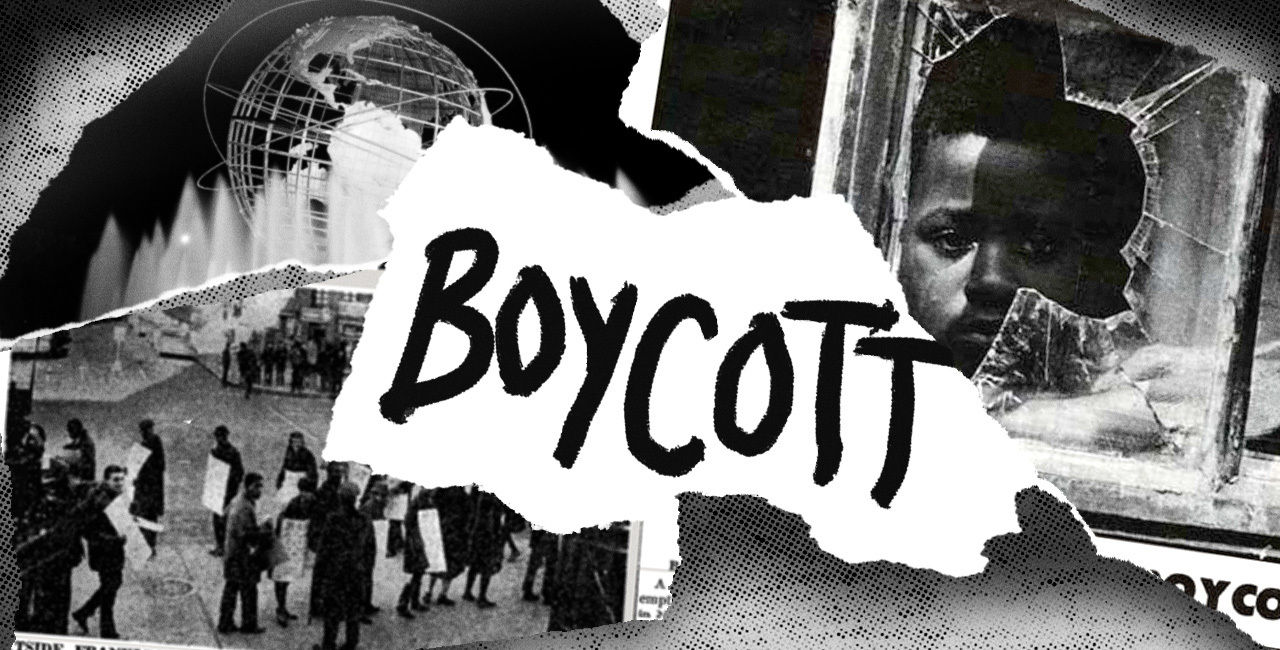
What Is A Boycott? For Those Who Don't Know
- Lashawn "Suga Ray" Marston

- Jan 28, 2025
- 2 min read
With there currently being calls to boycott certain companies and institutions, I thought diving into this discussion could be beneficial to my readers.
First, what is a boycott? A boycott is a collective action where people refuse to buy, use, or support a person, organization, or product, and/or when those people refuse to participate in something. Boycotts are a form of protest, and are usually done to express disapproval or to force change.
Why do people boycott? People boycott for a variety of reasons including to express moral outrage, to advocate for social, political, or environmental change, to inflict economic loss on the target (pun intended), and to show disapproval of a company's actions, policies, or practices. Some examples of boycotts include the Montgomery Bus Boycott of 1955, International Buy Nothing Day, and the Sudanese Civil War Sex Boycott in 2003. There are many more examples of boycotts, from small scale to large scale.
The thing about this current boycott, and with all boycotts really, is that you will always have folks on the other side. With this particular call for the boycott of companies that have rolled back their DEI initiatives, you have some folks, Black business owners and consumers alike, calling for selective buying rather than a full out boycott. They are suggesting that Black folks still go into these stores, but only to purchase Black brands, stating that not doing so allows the store in question to state that those Black brands aren't performing well and gives them reason to remove those brands from the shelves. Pardon me if I'm wrong, but I thought one of the key aspects of a successful boycott was the part where you sacrifice your comfort and maybe even your money, for the greater good of your people. Eh.
What are your thoughts? Does selective buying hurt the overall purpose of a boycott? Or does it not make a difference? Are you currently boycotting?
If you've read this far, I'd love if I can get some feedback from you. Thank you.





Comments